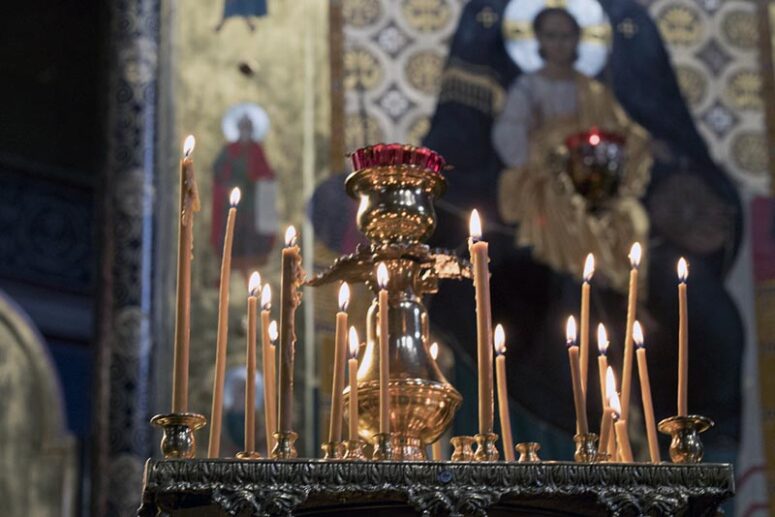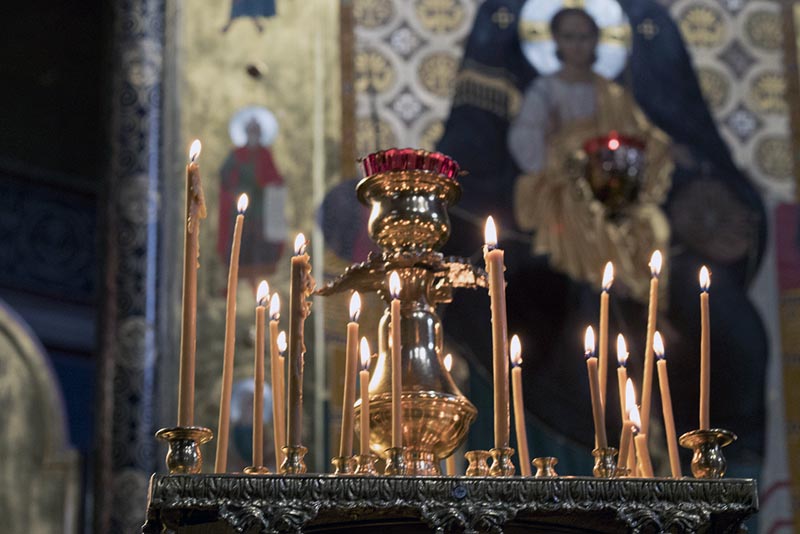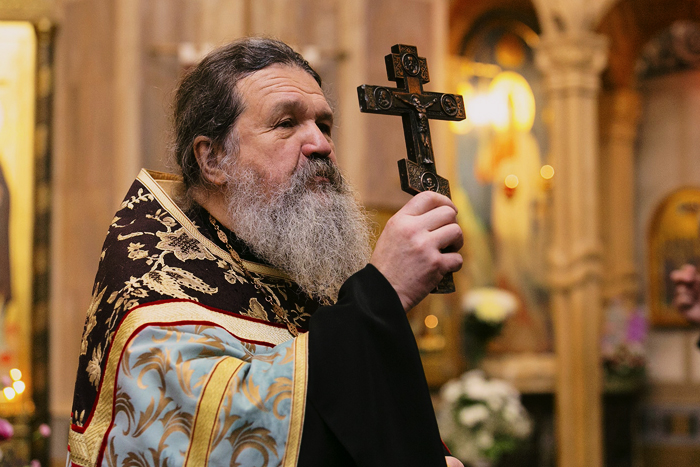
Question: It worries me that I fulfil most of my duties as a believer, led by the principle “this has to be done”, sometimes without really feeling in my heart any need to come to church, to fast or read the Psalms and the Gospel. It turns out that I do all that out of duty, i. e. insincerely. What can I do about it?”
Answer: “He who works for God to inherit the Kingdom of Heaven can be compared to a mercenary, working for wages, whereas the Kingdom of Heaven acts as a reward; one working for God out of fear of torment is like a slave who does good, fearing that he will be punished; those working for God for the very love of God are truly His children. They neither seek reward, nor fear torment, for perfect love drives out fear. Their filial love for their Father is unconditional, and they do not violate His will in anything.” St Demetrius of Rostov writes. As you can see, the three incentives mentioned here can be viewed as stepping stones helping a person achieve the state of mind, to which we are truly called.
I would advise you to talk with your confessor about what is happening to you, what you should be paying attention to and what needs to be changed in your life. And yet, before you call on your sense of fear or duty, think about what this is really all for. What you have listed here are very good deeds, but still they are only “tools”, aren’t they? If you stop for a minute and think of their ultimate purpose, you will see that everything superfluous needs to be removed from your mind to free up space for the things that are really needed. For example, fasting is a spiritual exercise of self-restraint in worldly experiences for the sake of gaining greater attention to spiritual life; reading Scripture nourishes ours souls and helps us make our own choices in life by giving us an amazing opportunity to read about how God lived on earth! The Apostolic Epistles are also valuable sources teaching about the principles of Christian life. Reading the Psalter is a practice of prayerful reading, while prayer is an instrument for invocation and acquiring the grace of God. You come to church to participate in your community’s common prayer and first of all in the Sacrament of the Eucharist. The confession, which traditionally takes place before or after the service is not essentially connected with the service itself, but is vital for the soul to be freed from the sins that have impaired it since the previous confession.
It is a very common accident when instead of being a vibrant and natural part of our life its spiritual side becomes a mere routine. The fact that you are sharing this, very correctly regarding it as a problem, is already a very good thing. With God’s help, it will be solved. Sometimes some behavioural models need to be changed as long as striving for God remains our main strategy. It is important that you discuss this with your confessor who must be able to tell you exactly what to do next.
God bless you!
Translated by The Catalogue of Good Deeds
Source: https://foma.ru/kak-byt-esli-duhovnaja-zhizn-jeto-po-objazannosti.html




